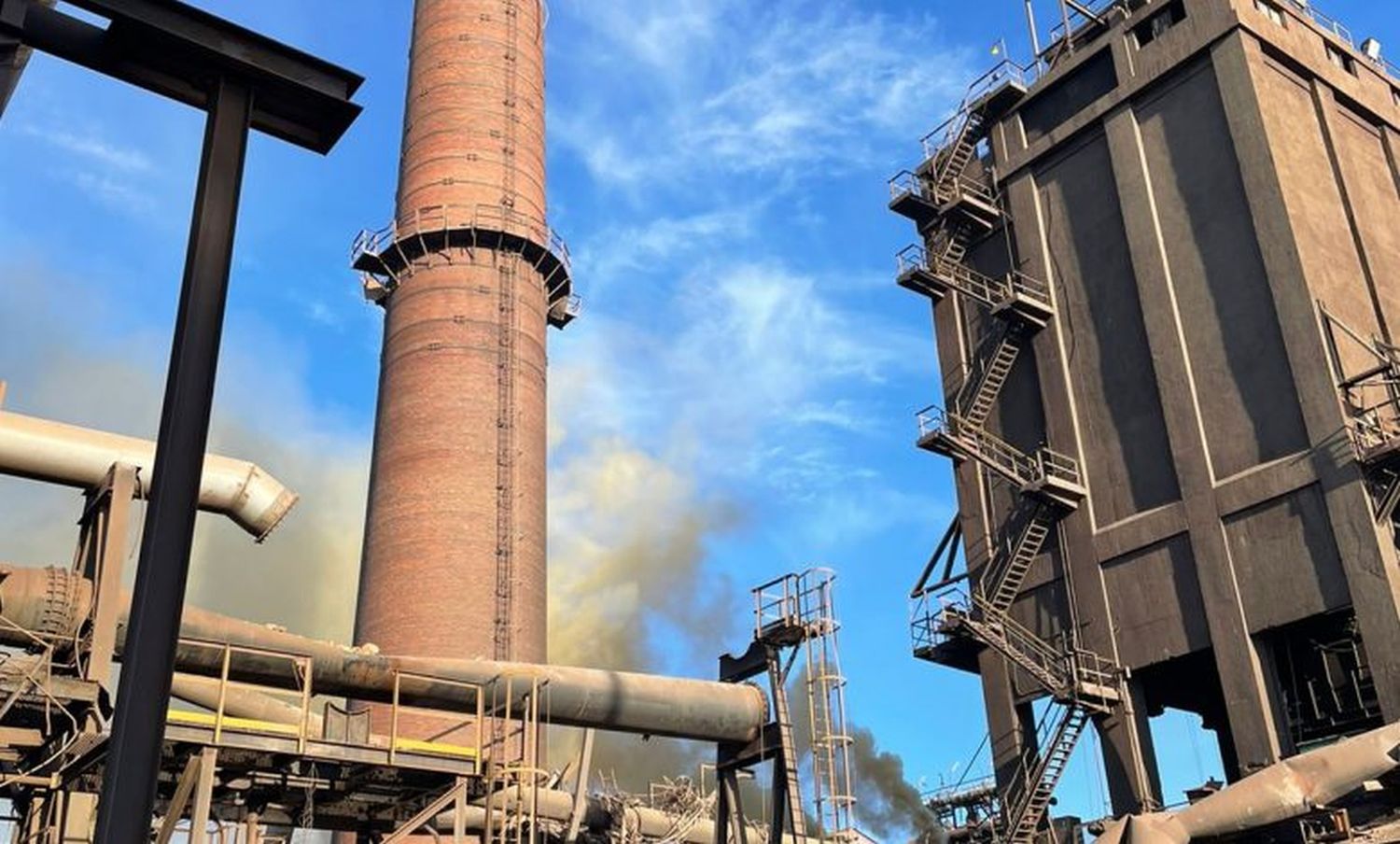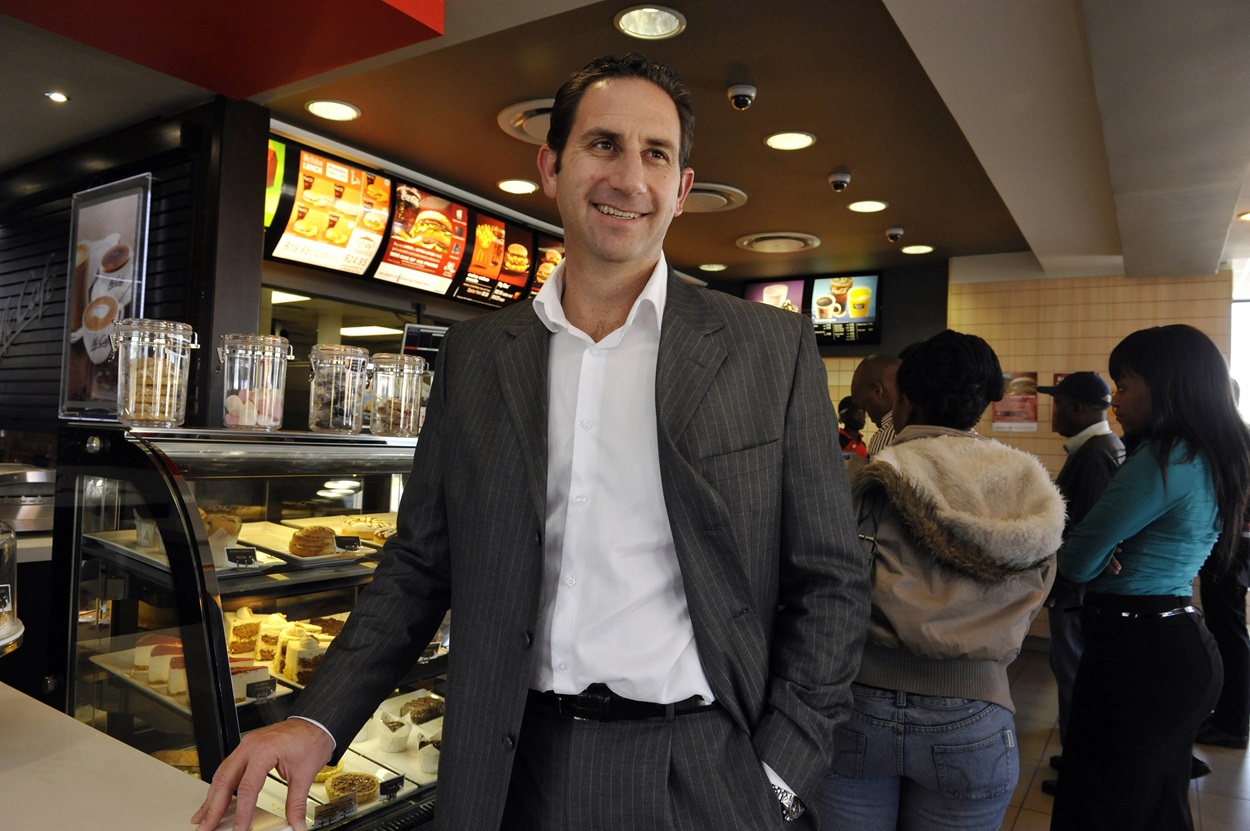Numsa is concerned about the possibility that the Newcastle plant might get closed, which puts more than 3 500 jobs at risk.
Steel producer ArcelorMittal South Africa (Amsa) and Numsa have reached an agreement on employees affected by the closure of the company’s Coke Battery 6 and 7 plants.
Amsa said its dire financial situation has forced it to restructure operations at the plant, resulting in job losses.
The agreement comes days after Numsa embarked on strike in an attempt to get Amsa to reconsider the retrenchment of 10 workers.
Agreement details
The deal between the company and the union includes Amsa agreeing to open voluntary separation packages (VSPs) in certain areas of the business to accommodate the affected people. �
Some of the retrenched employees can apply for vacancies created through the VSPs. “This will include, in appropriate circumstances, consideration of training such employees for a reasonable period,” reads the statement.
Amsa and Numsa will also work together to facilitate applications to the Department of Employment and Labour for benefits for the affected employees.
ALSO READ: ArcelorMittal keeps two plants open, saves 3 500 jobs
What led to the agreement
Amsa CEO Kobus Verster said the company needs to work with everyone to make the business sustainable.
“Our preference is to grow the business and preserve jobs; however, we need to be responsible and realistic regarding the host of challenges being faced and take the necessary steps to address all these challenges,” he said.
Numsa General Secretary Irvin Jim said the union acknowledges that the company is facing challenging financial times that need urgent attention to maintain current manufacturing capacity and save jobs.
Potential closure of Newcastle plant
Numsa is also concerned about the possibility that the Newcastle plant might be closed, which will put more than 3 500 jobs at risk.
“It is regrettable that this is not the first time we are facing such threats. Despite Numsa’s temporary victory in securing agreements to retain job security, including those in the Coke-making section until February 2025, the underlying systemic issues remain unaddressed.”
ALSO READ: ArcelorMittal crisis: Jobs at risk, urgent government intervention needed
Challenges facing Amsa
In a media statement, Amsa lists the challenges that are threatening its existence, which must be addressed by the government.
The first one is the price preference system (PPS) agreement with other companies in the sector who are given 40% discounts by the DTIC.
Amsa is of the view that this imposes unfair competition in the industry as the company primarily uses iron ore as raw material in its blast furnaces.
Government’s intervention
“It is Numsa’s position that government must be prepared to engage with Amsa on what the company regards as a need to level the playing field in the industry, where they are calling for the review of the scrap PPS and removal of the export tax.”
Numsa said the sooner the government addresses the issue involving stakeholders and implements solutions that can make the steel industry economically viable, the better.
“The union is interested in knowing how far the government is in expediting what can be a solution to these stark challenges that are affecting Amsa negatively, in ways that are now threatening the job security of workers.”
Coke-making department
According to the company, the Coke-making department produces coke from the carbonisation of high-grade coking coal. The coke is a raw material used at the blast furnaces.
At the time of opening the Vanderbijlpark department, there were six coke batteries and 334 ovens.
“The plant has the capacity to produce 1.4 million tons of Coke per annum. The gas generated from the carbonisation of coal is used in internal heating processes at Vanderbijlpark – mainly at the Hot Strip Mill and the Plate Mill. Commercial grade coke can also be produced when there is spare capacity available.”
NOW READ: Steel producers slam ArcelorMittal’s call to end scrap export tax














